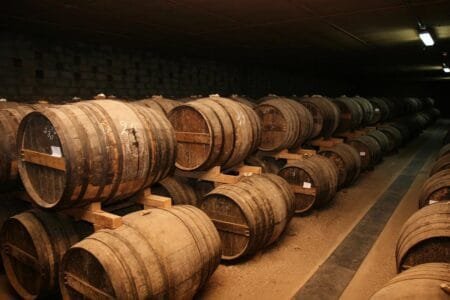The principle of free movement of goods is one of the cornerstones of the European Union’s internal market. This principle implies that national barriers to the free movement of goods within the EU be removed.
Advertisement
Many barriers have been lifted through harmonisation in the European Community, such as in the field of vehicles, pharmaceuticals, medical devices, chemicals, construction products, gas appliances, electrical equipment, mechanical equipment, metrology, pressure equipment, cosmetics, footwear, textiles, toys, and others.
In the absence of harmonisation of legislation, the provisions of Articles 28 to 30 of the EC Treaty, which are of direct effect and thus may be applicable by national courts, forbid Member States from maintaining or imposing intra-Community trade barriers, except in special circumstances.
These provisions are also the basis of the mutual recognition principle which means that, in any non-harmonised sector, every Member State must accept on its territory goods legally marketed in another Member State. The application of this principle may only be challenged in cases where, e.g., public safety, health or the protection of the environment are at stake. Derogatory measures must then be shown to be necessary and proportionate.
Free movement of goods
Articles 28 and 29 of the EC Treaty prohibit quantitative restrictions on imports, exports or goods in transit and all measures having equivalent effect between Member States. All measures capable of hindering directly or indirectly, actually or potentially, such imports are considered as measures having equivalent effect to quantitative restrictions.
These provisions do not preclude prohibitions justified on grounds of public morality, public policy or public security, the protection of health and life of humans, animals or plants, or the protection of industrial and commercial property, as well as other mandatory requirements recognised by the Court of Justice. Such prohibitions must not, however, amount to arbitrary discrimination or a disguised restriction on trade between Member States.
Rules laying down requirements to be met by goods originating in other Member States where they are lawfully manufactured and marketed, which hinder intra-Community trade, come within Article 28 of the Treaty, whereas rules on selling arrangements indistinctly applicable to domestic and imported goods in principle fall outside of the scope of its application.
European Commission action
The Commission monitors the effective application of the principle of free movement of goods in Member States. It is able to do so mainly thanks to complaints from citizens and economic operators about national measures (law, regulation or administrative action) or practices considered to be in breach of the Treaty. In many cases, the barrier to trade is removed on an amicable basis. If this is not possible, the Commission can bring an action before the European Court of Justice against the Member State in question.
Single market for goods – Information pack 2008
Source: European Commission






